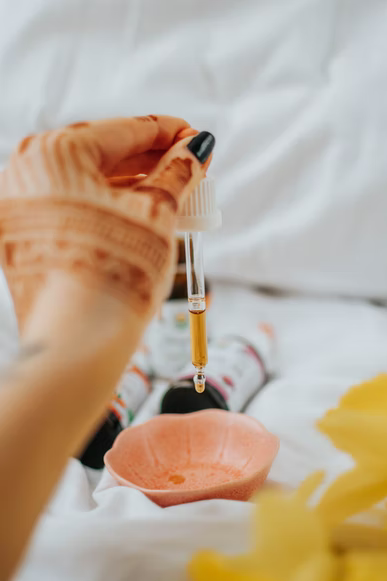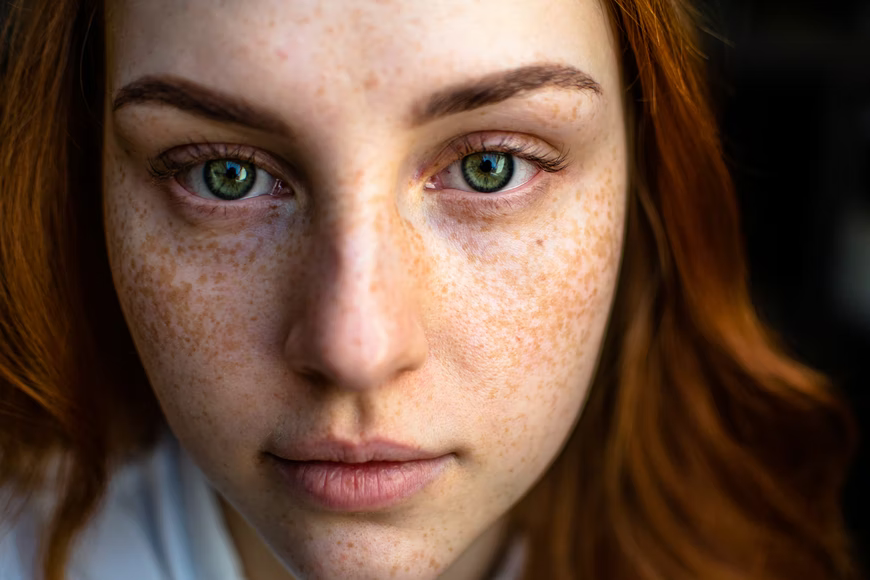Table of Contents
Most people think there’s a typing error when they see ‘CBC’ instead of ‘CBD.’ Well, there’s none. The two are potent chemicals that exist in cannabis. Scientists discovered CBC more than fifty years ago. However, it started enjoying popularity recently due to more research.
CBC boasts an array of possible health benefits. It can only be helpful to you if you take it as per the recommended dosage. There are verified stores that sell synthetic urine as well CBC oil.
More on CBC
CBC (cannabichromene) is the third most abundant chemical (cannabinoid) in marijuana and hemp after THC (delta-9 tetrahydrocannabinol) and CBD (cannabidiol).
Many individuals think of cannabichromene as a relative of THC and CBD since the plant creates it from a similar parent- CBG (cannabigerol). Marijuana and hemp produce CBG, which you can think of as the ‘cannabinoid stem unit.’ Then, it’s changed into either CBD, CBC, or THC.
What Exactly are Cannabinoids?
You may know that cannabis contains several chemical compounds, commonly referred to as cannabinoids. These different chemicals interact with the human body in different ways.
Cannabinoids are made of carbon atoms bound together similarly to how terpenes are formed. Each living thing on the planet has an endocannabinoid structure (ECS), a complex system that serves as a communication channel for all the inner organs. Your body creates its cannabinoids, referred to as endocannabinoids.
There’s no internal ‘ homeostasis ‘ or balance when the ECS isn’t functioning as it should. There are two primary sense organs in the ECS: CB1 and CB2 receptors. Some cannabinoids are psychoactive, i.e., will make you feel ‘high’ by strongly impacting the CB1 receptor in your brain. Others aren’t.
Which are the Psychoactive and Non-Psychoactive Compounds?
Psychotropic (psychoactive) cannabinoids include:
- Delta 10 THC
- HHC (hydroxy-hexahydro cannabinol)
- Delta 7 THC
- Delta 9 THC
- Delta 8 THC
As for the non-psychotropic ones:
- CBC
- CBDV(cannabidivarin)
- CBD
- CBG
- THCC(tetrahydrocannabiorcol)
Is CBC Legal?
It is legal in most countries, but only to a limited extent. Some states in the US have a stricter law than others regarding cannabis-related compounds. It has to come from hemp for it to be legal. In Canada, CBC falls under the Cannabis Act, and therefore its sale is permitted.
Some European countries have to verify that CBC contains zero THC. Therefore, CBC broad-spectrum extracts or concentrates are legal. Not all European nations legalize full-spectrum CBC extracts.
Types of CBC Products
There are four main kinds of cannabichromene items:
- CBC vapes and cartridges- this is an eight mm replaceable vape cartridge filled with cannabichromene isolate.
- CBC hemp flower- some marijuana or hemp strains contain a lot of CBC. Examples of weed strains with plenty of CBC are Charlotte’s Web and Maui Dream.
- CBC concentrates- they usually come in isolate form, having ninety to ninety-five percent CBC.
- CBC tinctures
How Much of it Should You Take?
CBC has no known toxic effect, but it does have an optimal dosage depending on your health condition. For instance, if you’re dealing with chronic pain, you won’t benefit from taking the same amount of CBC as a person who’s trying to reduce anxiety or inflammation. The average dosage is between ten and fifty mg.
Tips on Using CBC
Here are some helpful pointers to help you benefit from consuming cannabichromene:
- It’s best to take CBC with a meal, as absorption will be higher if you do so.
- Taking an equal amount of CBC and CBD is a good idea. The two compounds work well together, but not if you take too much of either one.
- CBC oil has an earthy taste. If you find the flavor unbearable, you can mix it with something like juice or honey.
Possible Health Benefits of CBC
CBC boasts various health advantages such as:
It May Treat Acne and Reduce Inflammation
It may be a potent antimicrobial that may help fight bacteria. It may help in lowering the skin’s manufacture of sebum.
CBC May Be an Antidepressant
In a study conducted by the University of Mississippi, researchers found that CBC had antidepressant effects. It worked better than some antidepressants. The key is to use it with THC and CBD.
CBC May help Reduce Stress and Anxiety
In a 2014 study published in Neuropsychopharmacology, researchers from Vanderbilt University Medical Center discovered that cannabichromene had a sedative effect on mice. In other words, it could be used as a natural sleep aid.
CBC May Help with Cancer Treatment
A study conducted by the USA’s National Institute of Health showed that CBC had anti-cancer properties and was effective against human breast cancer cells in vitro. The researchers went on to say that this cannabinoid might be an option for patients who are becoming resistant to chemotherapy.
CBC May Be Effective Against Psoriasis
In a 2007 University of Nottingham study, investigators found that CBC had anti-inflammatory and potential psoriasis treatment properties by suppressing the immune system response in mice. The three cannabinoids (CBC, CBD, and THC) were used with great success on rodents who were inflamed and itchy due to a skin condition.
Conclusion
Cannabichromene has a lot of health benefits. If you’re looking to treat any health condition and it’s legal in your country, then CBC is worth trying. Remember to purchase your product from a verified vendor, take it in regulated quantities, and be consistent in your consumption.



